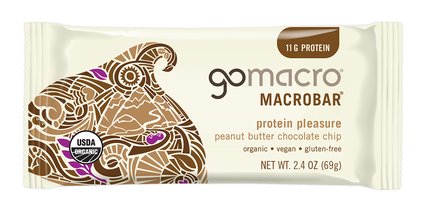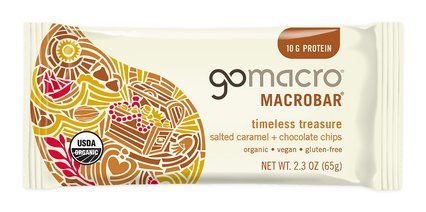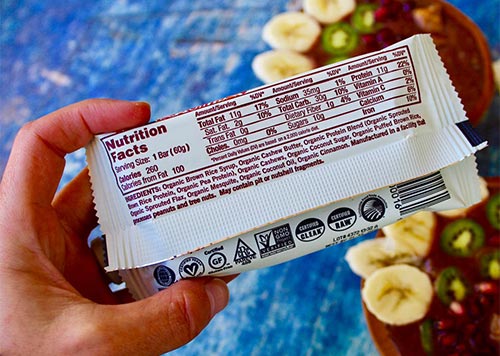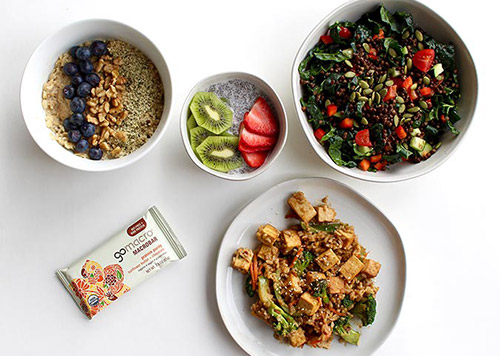How Does Food Affect Your Mental Health?
A “gut feeling.” A “pit in your stomach.” Getting “butterflies.” We use these phrases because we all have an intuitive sense of the ways our emotions and gut are connected – and emerging research is finding that our mental health and diet are more tightly intertwined than most people realize.

If you’ve ever gotten that fluttery feeling in your stomach before a big presentation or first date, you know the impact your brain can have on your belly. However, it’s not a one-way street! The gut also releases its own chemicals that communicate information back to the brain. This constant feedback loop, called the “gut-brain axis,” means the food we eat can have a major impact on stress levels, irritability, energy, depression, cognition, and more.
The good news is, there seems to be a lot we can do to care for our mental well-being by caring for our bellies.
How Food Affects Your Brain
Our brain may only be about 2% of our body weight, but it uses about 20% of the calories we eat in a day. While it can use any calories as fuel, foods that are nutrient-dense, minimally processed, and packed with antioxidants can help prevent cognitive decline and keep our brains sharp. This includes foods like leafy greens, berries, omega-3 fatty acids, and nuts.
Food affects our brain in more complex ways as well. Since our gut (including esophagus, stomach, and intestines) converts the food we eat into energy, it only makes sense that the brain and gut would have a direct line of communication!
That two-way line of communication primarily involves the nervous system, including 500 million neurons in our gut and 100 million more in the vagus nerve, which oversees control of mood, immune response, digestion, and heart rate. The vagus nerve also happens to run directly from the brain to the abdomen.
Along with all those neurons, our gut also contains billions of bacteria – the microbiome. These bacteria actually produce neurotransmitters, including serotonin, dopamine, and GABA, which all play a pivotal role in our emotions and mental health. The foods we eat are the foods our gut bacteria eat, so diet plays a role in whether “good” or “bad” bacteria thrive.
How Can Food Improve Your Mental Health?
Eating a wide variety of clean, whole foods can help ensure you’re covering all your nutritional bases. This is important as nutritional deficiencies, such as vitamin B12, B9 (folate), and zinc, can cause symptoms such as low mood, fatigue, cognitive decline, and irritability. However, your overall eating patterns are likely more important than any one nutrient.
If you’re still skeptical, consider the fact there’s an entire scientific field dedicated to the topic: nutritional psychiatry! One compelling study included participants with depression who ate a typical Western diet (high in sugar and processed foods and low in fiber and plant foods). After switching to a Mediterranean diet focused on fruits, vegetables, nuts, fish, and healthy fats for 12 weeks, 32% of participants experienced some relief from their depression symptoms. A similar study in young men found an improvement in depression symptoms in all participants who were provided Mediterranean diet support, with 36% lowering their symptoms to low or minimal depression standards.
This makes sense considering our gut produces 90% of our body’s serotonin, the body’s natural “feel good” neurotransmitter that regulates feelings like happiness and anxiety. As mentioned above, gut bacteria also produce the neurotransmitter called GABA, which helps control feelings of fear and anxiety. Studies have found that certain probiotics can increase GABA production and reduce anxiety and depression-like behavior.
All of these support the concept that healthy food creates a healthier gut, and a healthy gut supports a healthier mind.
How Does Junk Food Affect Mental Health?
While it can feel tempting to reach for the ice cream carton on a tough day (sugar does release huge amounts of dopamine!), the emotional comfort of sugary, highly processed foods is only temporary.
Several studies have found that a typical Western diet that’s high in processed foods is strongly correlated with an increased risk of developing depression, mild cognitive impairment, and ADHD.
Along with the lack of essential micronutrients in processed foods, junk food also tends to be high in sugar, artificial ingredients, preservatives, and highly processed oils. These cause inflammation throughout the body and brain, and can send your blood sugar on a rollercoaster that can leave you feeling sluggish or irritable.
Junk food also feeds destructive bacteria in the gut, which in turn releases more toxins into the body and causes further inflammation, fueling a downward spiral.
What Foods are Best for Mental Health?
Eating for mental health doesn’t require any fancy supplements or crazy diet changes – just simple sustainable swaps! Your gut microbiome can change within just one day, so you can get on the path to a happier brain and belly relatively fast. Here are some of the best foods for mental health:
1. High-fiber plants such as beans, leeks, onions, legumes, broccoli, barley, and other whole grains are great “prebiotics” to feed your healthy gut bacteria.
2. Omega-3 fatty acids can be found in foods like salmon, sardines, flaxseeds, chia seeds, walnuts, and soybeans and play a role in improving memory and mood.
3. Dark, leafy greens like kale, spinach, romaine, and chard are anti-inflammatory and high in folic acid which can help counter depression and fatigue.
4. Probiotic and fermented foods such as kimchi, sauerkraut, kefir, yogurt, and tempeh are a great way to populate your gut with healthy bacteria.
5. Dark berries are jam-packed with antioxidants that help fight inflammation and free radicals.
6. Plant-based protein contains amino acids that your body can use to produce key neurotransmitters – plus it keeps you satisfied to help you avoid inflammatory processed snacks.
7. Variety in your diet is the key to a healthy gut and healthy brain! Focus on consuming a wide variety of plants to foster a diverse gut microbiome and cover all your nutritional bases.
Craving a delicious treat that’ll make your gut and brain happy? MacroBars are made with real, wholesome ingredients like nuts, whole grains, protein, and fruit – and there’s an option for every dietary need!









